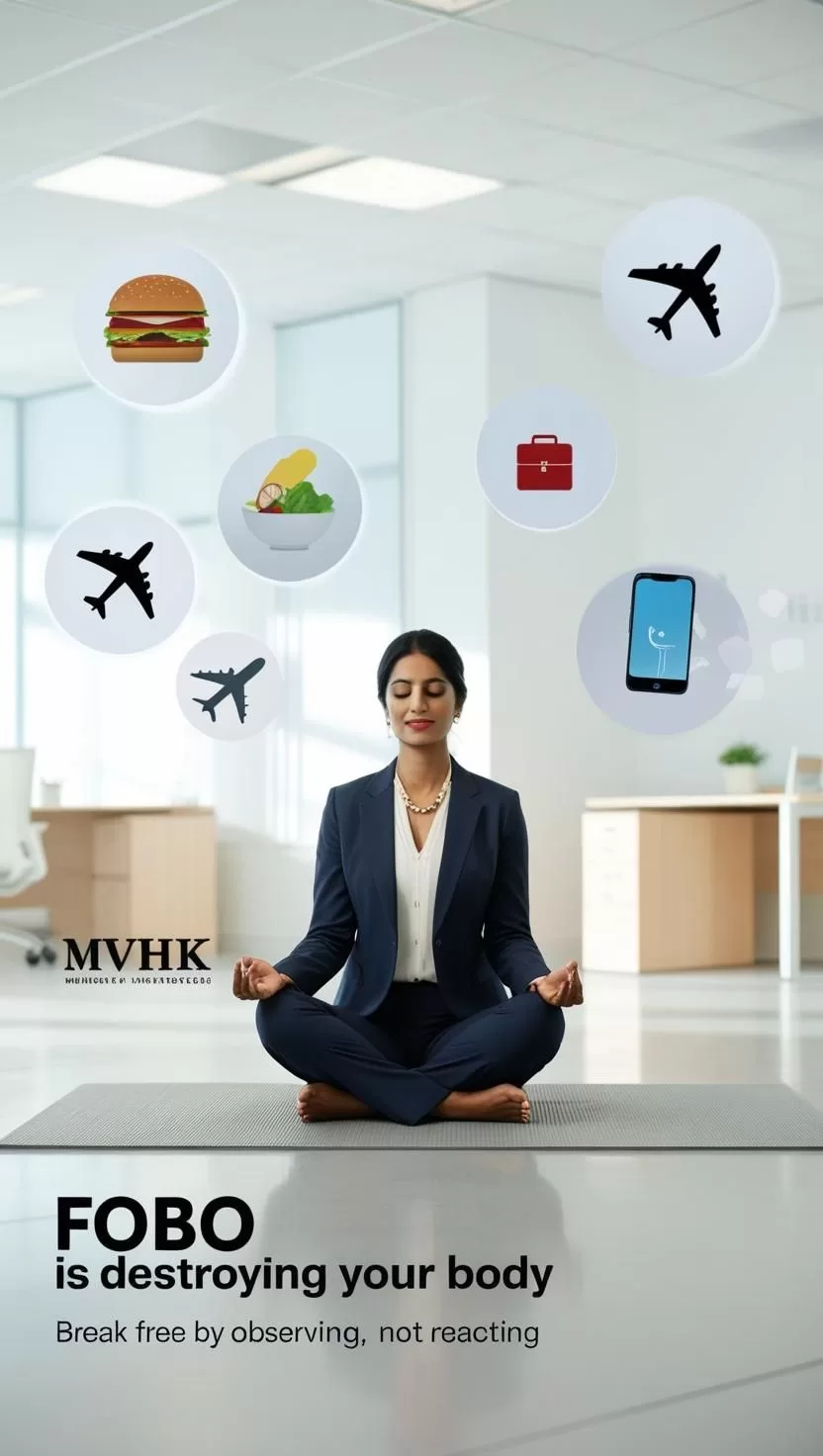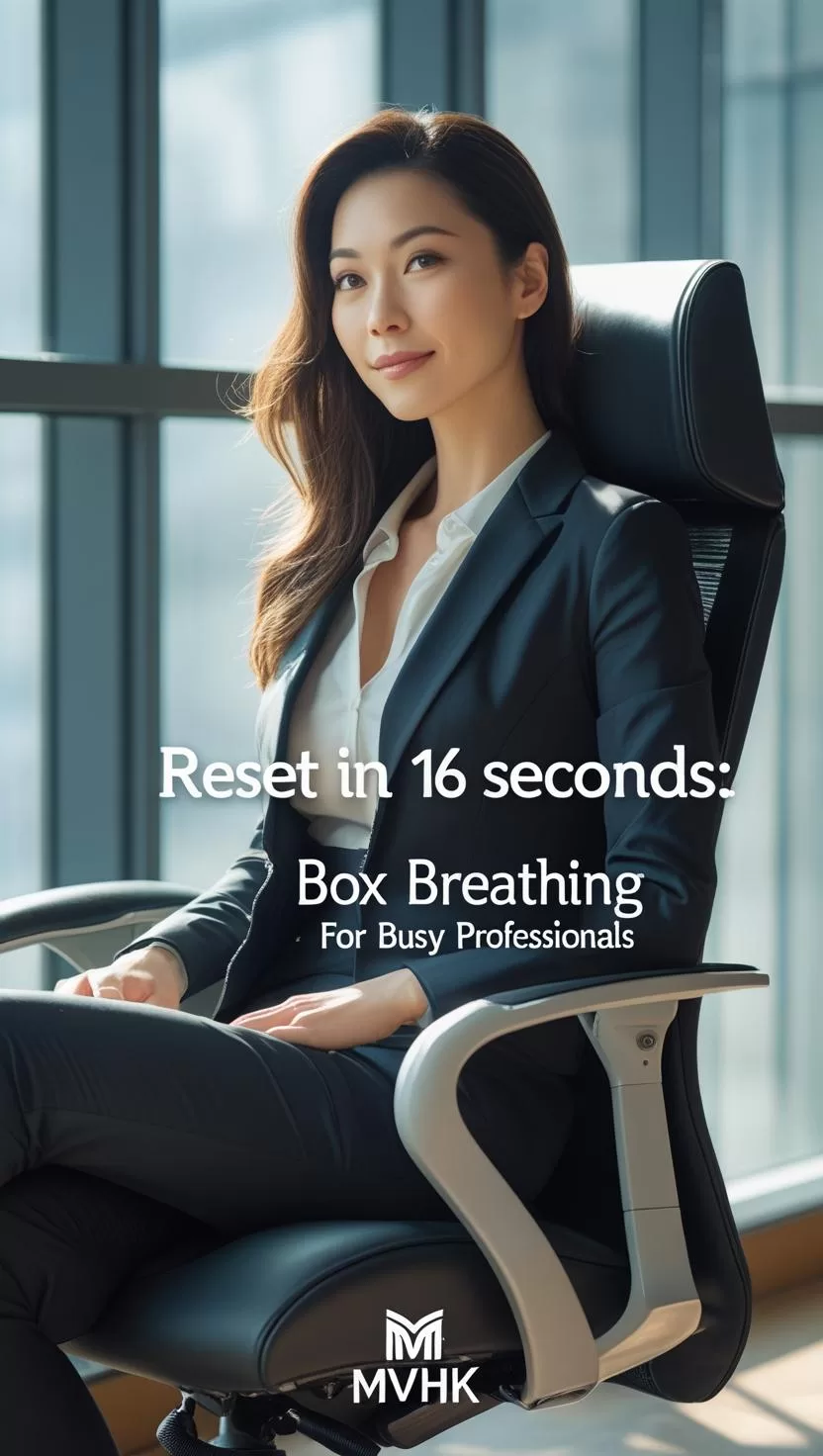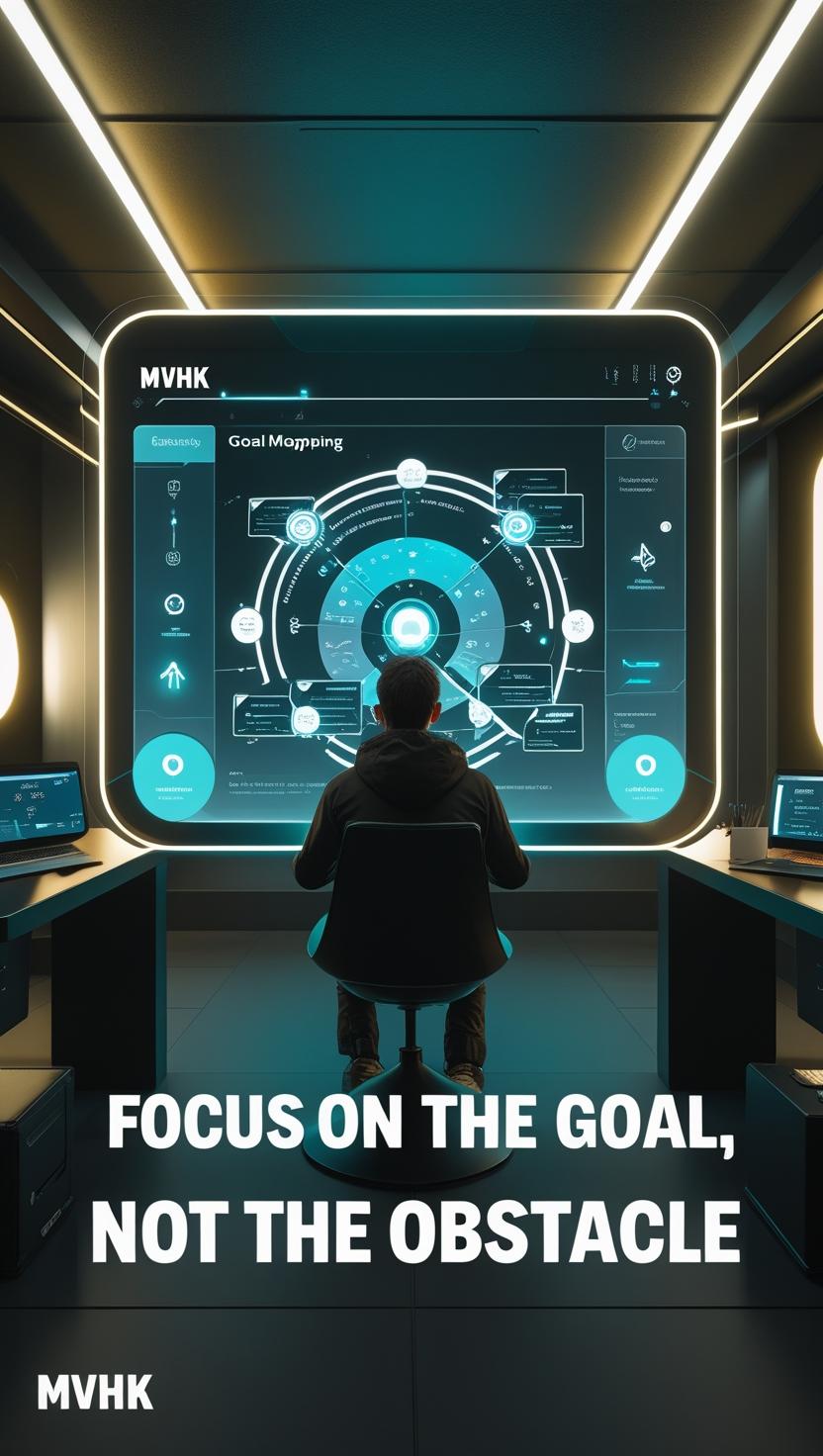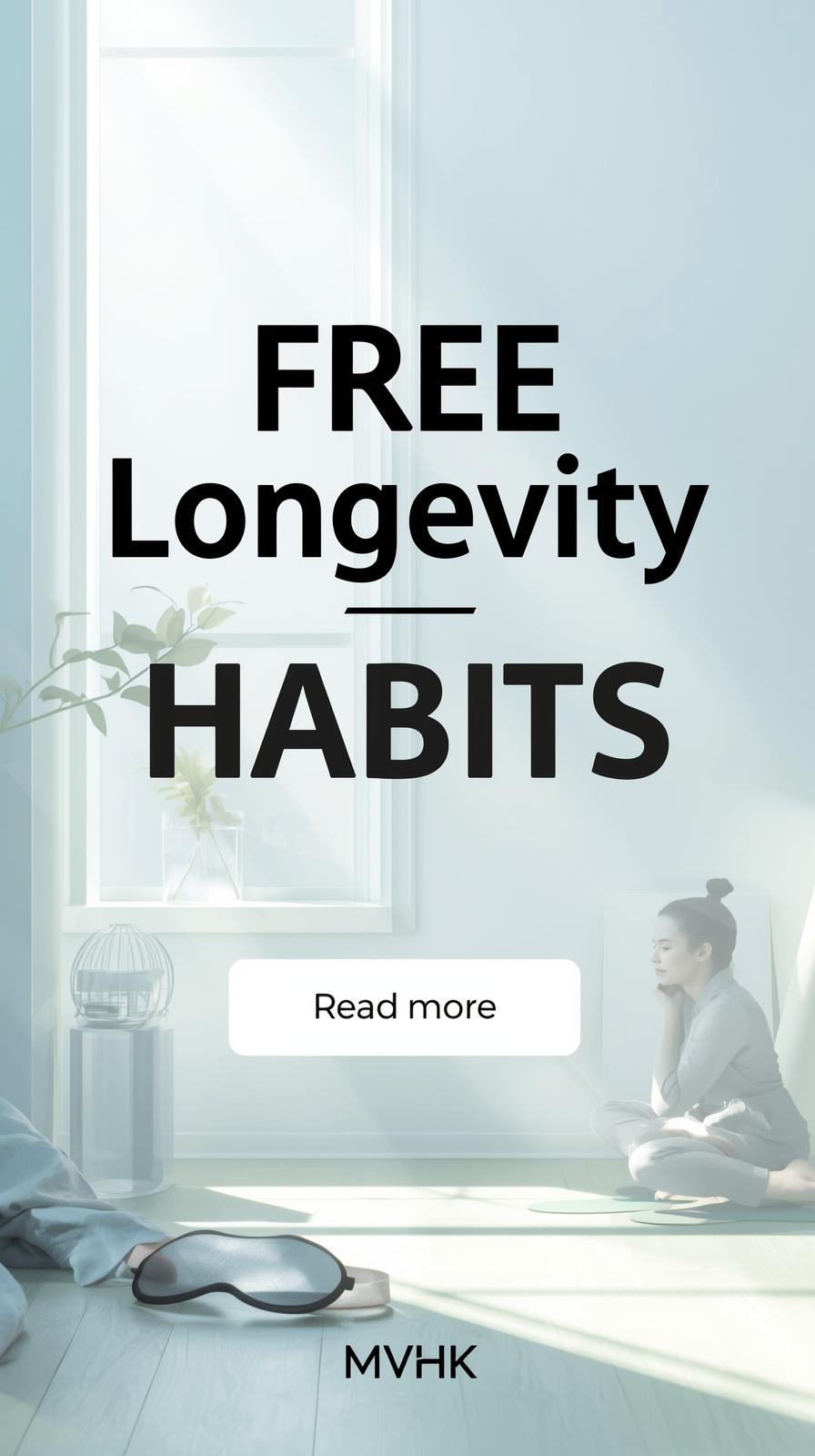FOBO Is Destroying Your Body: How to Break Free by Observing, Not Reacting
We live in an age of infinite options—career paths, business ideas, streaming services, diets, relationships. The modern mind is flooded daily with thousands of micro-choices. While this seems like a privilege, it often leaves us feeling stuck, anxious, and even physically unwell. This phenomenon has a name: FOBO, or Fear of Better Options.
Here’s the twist: FOBO doesn’t just make you indecisive. It’s slowly destroying your health.
1️⃣ FOBO Is Not Just in Your Head—It’s in Your Body
🧠 The Neuroscience of Overthinking
Our brains are wired to anticipate threats. But when we’re constantly weighing every option and fearing regret, the brain gets stuck in “analysis mode.” Studies show that the prefrontal cortex—the decision-making hub—gets overstimulated, causing what’s called cognitive fatigue.
This mental gridlock leads to overactive stress responses. The amygdala interprets decision ambiguity as danger. Cortisol (the stress hormone) spikes. Your body thinks it’s under threat—all because of a job offer or a dinner choice.
😰 Somatic Symptoms: The Silent Side Effects of FOBO
Many people unknowingly suffer physical consequences of chronic indecision:
- Jaw clenching & teeth grinding (bruxism)
- Tension headaches
- Eye strain from screen overload
- Poor sleep due to racing thoughts
- Digestive issues from prolonged stress
FOBO isn’t just annoying—it’s somatically destructive.
2️⃣ Why FOBO Feels Existential
🌱 Identity & Choice: The Trap of Over-Identification
Philosopher Francis Lucille says, “If you believe you are a separate entity, every choice becomes existential.” That’s why FOBO feels so terrifying: it’s not just picking a salad or Netflix show—it feels like choosing who you are.
This identity-based decision stress is intensified by our cultural narrative: “Make the right choice or risk lifelong regret.” But the truth is, no choice can define you.
🧘 You Are the Awareness, Not the Thought
Lucille continues: “You are not your thoughts. You are the awareness in which thoughts appear.” Neuroscience supports this. In a landmark study by Libet, researchers discovered the brain initiates actions before we become aware of deciding them.
🔗 Study on unconscious decision-making
This proves that thoughts are automatic reactions, not volitional truths. And you don’t have to obey them.
By observing your thoughts—like watching clouds—you create space between stimulus and response. That space is freedom.
3️⃣ Creating the Space: How to Practice Witnessing FOBO
🔍 Step-by-Step: Break the Pattern in Real Time
Here’s how to free yourself when FOBO strikes:
- Pause – Recognize you’re overwhelmed.
- Label – Say internally, “This is FOBO.”
- Observe – Notice where it arises in your body. Jaw? Chest? Gut?
- Detach – Tell yourself: “This thought is not me. It’s appearing within me.”
- Breathe – Deep breathing activates the parasympathetic nervous system.
- Decide Lightly – Choose any option that feels “good enough.” Trust that life will adjust.
🌅 Long-Term Strategy: Meditation & Mindful Choice
Incorporate daily habits to strengthen the observing self:
- 10 minutes of mindfulness meditation
- Journaling automatic thoughts
- Practicing body scans to locate tension
- Digital detox during decision-heavy tasks
- Saying “done is better than perfect” aloud
These tools gradually rewire your brain away from overanalysis and toward calm presence.
🧭 Conclusion: How to Get Started Today
FOBO is not your fault. But you can change your relationship with it. Start by observing—not reacting—to the fearful voice. You’ll begin to experience a sense of inner spaciousness where once there was only stress.
✨ Want your peace of mind (and jawline) back?
Today, try choosing one option without rechecking alternatives. Just once. Watch the ripple.
❓ FAQ Section
What is FOBO, exactly?
FOBO stands for Fear of Better Options. It’s a modern form of decision paralysis caused by the fear that a better choice might be out there, keeping you stuck in indecision.
Can FOBO cause physical symptoms?
Yes. Chronic FOBO activates stress responses in the body, leading to tension headaches, jaw pain, fatigue, and other somatic symptoms.
How do I stop FOBO in the moment?
By pausing, labeling the thought as FOBO, observing it without reaction, and choosing a “good enough” option. Meditation and breathwork help long-term.






